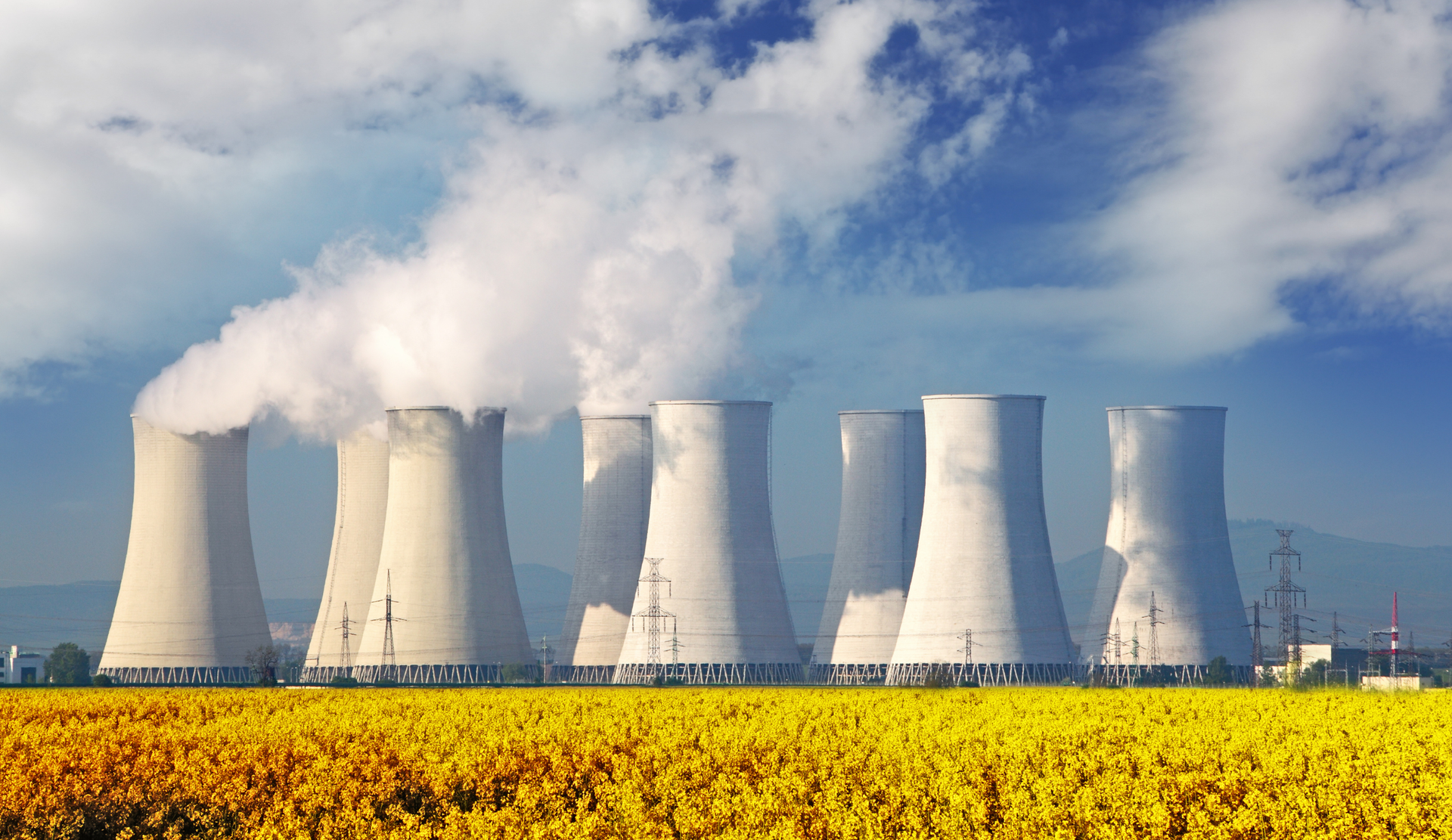What you need to know about the new Nuclear RAB Levy

Let’s talk a little about nuclear energy. We've been generating nuclear energy for over 70 years now in the UK, and it remains an important part of our energy mix. Alongside renewable sources such as solar, wind, and hydropower, nuclear energy is a low-carbon option that can support the UK in achieving its net-zero target by 2050. While there are differences between green and clean energy, there is no doubt that nuclear energy plays a significant role in reducing our greenhouse gas emissions.
So, what’s new? With a major push towards a greener and cleaner future, the government has introduced schemes that appear on our electricity bills as levies under the non-commodity section. You may have noticed charges such as the Renewables Obligation (RO) or the Feed-in Tariff/Solar Export Guarantee. These are examples of schemes designed to encourage and fund the generation of additional green energy to the grid.
In this case it’s the same story for the new Nuclear RAB Levy.
What is the Nuclear RAB Levy?
The Nuclear Regulated Asset Base (RAB) Levy is a new government charge that will be added to everyone's electricity bill come 1st November 2025. The main reason for this charge is to fund new nuclear power stations and unfortunately, they aren't cheap. Only companies that qualify under the Energy Intensive Industries (EII) scheme are exempt from this charge. Businesses holding a valid EII certificate will not be required to pay the Nuclear RAB Levy.
Previously, large nuclear developments were financed through the Contracts for Difference (CfD) model. Under this approach, developers carried the financial risk and therefore negotiated a “high strike" price for the electricity produced. As a result, consumers ended up paying a higher price for electricity to compensate developers for the risks involved in building and operating the projects.
The Nuclear RAB Levy balances this risk and opens the pool up to more investors, as now it’s not only a selection of developers with strong financial backing that can fund these projects. This is particularly interesting, as investors and consumers will now also play a part in the construction and operational costs.
In short, the government estimates that consumers will save anywhere between £30 billion and £80 billion over the plant's potential 60-year lifespan. With older nuclear power stations nearing the end of their lifespan, it’s important that new power stations get built in order for the UK to meet electricity demand and manage low carbon emissions.
How will the new levy be regulated?
The new levy will be regulated by Ofgem, the energy regulator for Great Britain, and will be administered by the LCCC (Low Carbon Contracts Company).
Key elements to note:
The Interim Levy Rate (ILR): This is the main charge you will see and will start at £3.455/MWh (0.3455p/kWh) from 1st November 2025.
The Operational Costs Levy (OCL): This is a small additional annual cost at £0.0028/MWh
Suppliers will bill based on their forecast each quarter, with adjustments to payments made after. If any suppliers default, meaning they fail to meet their contractual obligations, other suppliers have no choice but to cover the shortfall. They would resolve this by passing the charges over to the customers.
How much will this cost businesses?
The Nuclear RAB Levy is currently estimated at 0.35p/kWh of electricity used. For example, if you own a small office that uses 10,000 kWh per year, you will need to pay an extra £35 annually on top of your electricity bills. However, depending on the size of your business and energy usage, it will affect you differently.
Contract types
Pass-Through Contract: You will see this charge automatically after 1st November 2025. Look out for ‘RAB Nuclear Levy’ or something worded similarly.
Fixed Contracts: It is always worth reading over your contract to see if you are covered from price changes when government levies take place.
Get in touch with us!
When arranging future energy contracts, we will ensure that the RAB Levy is included in the prices quoted to you. However, it is always advisable to double-check with your supplier or broker, as not all quotes will automatically include these charges.
For a quick quote, fill in the box below, and we’ll be in touch with you soon.
Written by Faith Labong at Purely Energy


